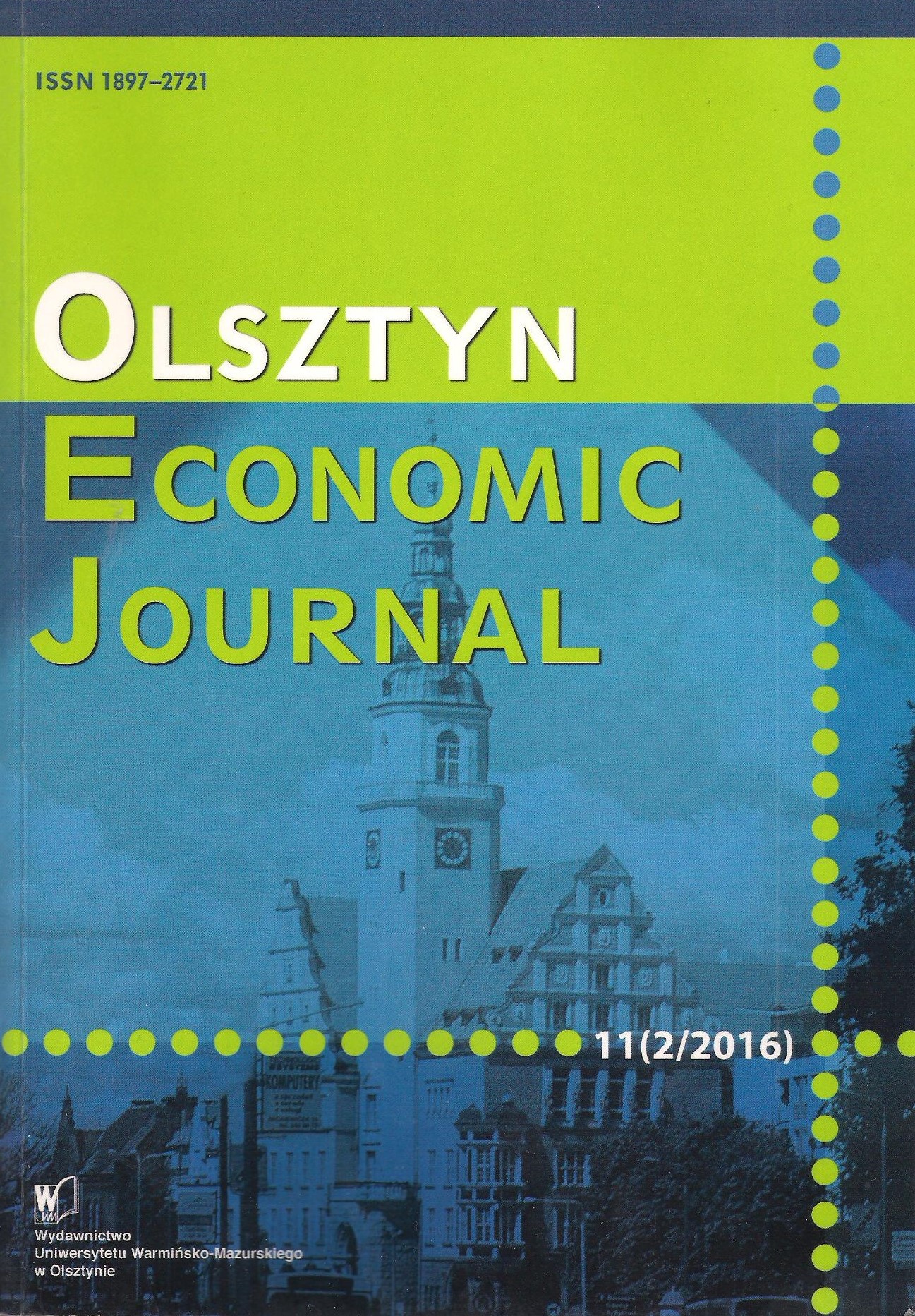Remittances as a Consequences of Labour Migration of Central and Eastern Europe (CEE) Citizens in 2004–2013
Remittances as a Consequences of Labour Migration of Central and Eastern Europe (CEE) Citizens in 2004–2013
Author(s): Anna Organiściak-Krzykowska, Joanna Machnis-WalasekSubject(s): Economy, National Economy, Human Resources in Economy
Published by: Wydawnictwo Uniwersytetu Warmińsko-Mazurskiego w Olsztynie
Keywords: remittances; labour migration; EU enlargement; Central and Eastern Europe (CEE)
Summary/Abstract: Migration is a very important socio-economic issue in the contemporary world. One of the interesting research problems worth considering concerns the scale and consequences of migration from the countries which joined the European Union in 2004 and in the later years. As a result of integration with European communities, citizens of the new member states acquired citizenship of the European Union. The right of free movement caused a significant increase in the number of temporary migrants. According to statistical data, the number of emigrants from the Central and Eastern European Countries (CEE) to the more prosperous European countries increased from 1.7 million in 2004 to 5.6 million in 2012. In the context of the scale of economic migration from the CEE, important questions should be asked about the economic consequences of the mobility. The main objective of this article is a diagnosis and evaluation of the size of migration and remittances in the CEE countries. An analysis of the statistical data from Eurostat concerning the transfer of financial means due to working abroad made it possible to assess the economic consequences of labour migrations of the CEE-10 inhabitants. It turned out that, as regards the amount of those transfers, the biggest beneficiaries are Poland, Romania and Hungary. Throughout the period under analysis (2004–2013) Poland saw a joint inflow of EUR 44.8 bn, Romania – EUR 31.9 bn, and Hungary – EUR 15 bn due to their citizens working abroad.
Journal: Olsztyn Economic Journal
- Issue Year: 11/2016
- Issue No: 2
- Page Range: 91-102
- Page Count: 12
- Language: English

